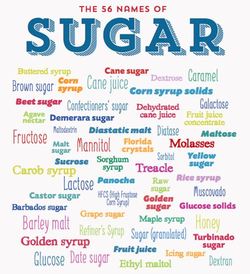 IBS Clinic Faversham Kent
IBS Clinic Faversham Kent I see lots of patients complaining of stomach ache, bloating, feeling tired, and some have bowel problems ranging from constipation to severe diarhoea. If we look at our heritage, our food's evolution has raced ahead of our own development, and this has effected our ability to digest our food. Also, wider imports of tropical fruit and vegetables from far flung continents means we are at times eating foods outside our own culture.
We are naturally designed to better digest glucose. Our bodies do not have the dedicted means of absorption for fructose that glucose has, so this digestive difficulty means some fructose remains undigested in the large intestine, where it ferments. This fermentation leads to the production of gas, bloating and for some people diarrhoea.
Professor Whorwell from the University of Manchester says 'our bodies are not terribly good at digesting fructose, especially in the quantities we eat these days, with year-round access as well'.
Fructose malabsoroption can go hand in hand with IBS, Crohn's disease and IBD (inflammatory Bowel Disease), and 'approximately 1/3rd of IBS sufferers will have fructose intolerance' (quoted Julie Thompson, Specialist Gastroenterology Dietician.)
Fructose malabsorption can also be linked too depression or low mood, as fructose has been associated with blocking the production of serotonin ! It's interesting to note that children's behaviour has been effected by fructose intake. Fructose is used to sweeten many foods, and marketing and manufacture has made these very appealing and available to children, and behaviour changes have matched this increase.
Some fruit and vegetables are better tolerated than others, so random exclusion is not a good idea. Exclusion should be properly managed in order to prevent further mal-absorption and mal-nutrition.
Written By Victoria Shorland, Consultant Nutritionist, Faversham, Kent, www.eattolive.org.uk, [email protected] or Telephone. 01795 534627 / 07789512825.

 RSS Feed
RSS Feed